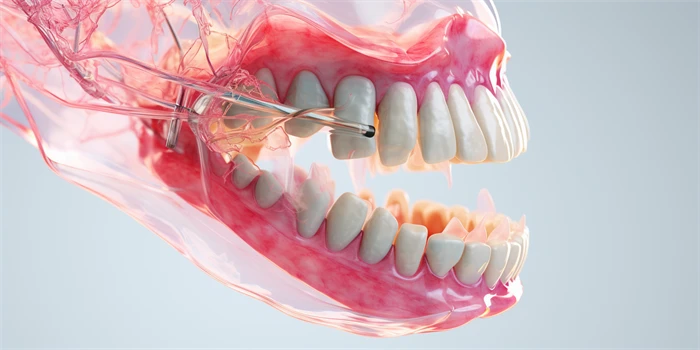In today's world, a confident smile goes a long way. Unfortunately, many individuals struggle with damaged or decayed teeth that hinder their self-esteem and overall oral health. Dental crowns have emerged as a reliable solution to address these concerns, offering a renewed sense of confidence and restoring the functionality of damaged teeth. In this article, we will explore the benefits and process of dental crowns, providing readers with a comprehensive understanding of how this dental procedure can transform their smiles.

The Role of Dental Crowns
Dental crowns, also known as tooth caps or dental caps, are prosthetic restorations that encase damaged teeth. They are custom-made to fit over the entire weakened or decayed tooth, helping to restore its strength, shape, size, and appearance. Made from a variety of materials such as porcelain, ceramic, or metal alloys, dental crowns offer both cosmetic and functional benefits to individuals with damaged teeth. Let's dive deeper into the advantages and procedure of dental crowns.
Benefits of Dental Crowns
Dental crowns offer numerous benefits that make them an ideal solution for damaged teeth:
- Restoration of Tooth Functionality: Dental crowns enable individuals to regain the normal functioning of their damaged teeth, allowing them to chew, bite, and speak with ease.
- Enhancement of Aesthetics: By covering the damaged tooth with a crown, individuals can achieve a natural-looking smile and boost their self-confidence.
- Protection and Prevention: Dental crowns act as a protective barrier, preventing further damage or decay to the underlying tooth structure.
- Long-lasting Solution: With proper care and maintenance, dental crowns can last for many years, providing a durable and reliable solution to damaged teeth.
The Dental Crown Procedure
The process of getting dental crowns typically involves the following steps:
- Dental Evaluation: Your dentist will assess the condition of your teeth and determine if dental crowns are the appropriate treatment option for you.
- Tooth Preparation: The damaged tooth is prepared by removing any decay and reshaping it to ensure a proper fit for the crown.
- Impression Taking: An impression of the prepared tooth is made, which serves as a mold to create a custom-made dental crown.
- Temporary Crown Placement: While waiting for the permanent crown to be fabricated in a dental laboratory, a temporary crown is placed over the prepared tooth to protect it.
- Final Crown Placement: Once the permanent dental crown is ready, it is securely bonded onto the prepared tooth using dental adhesive or cement.
Frequently Asked Questions (FAQ)
Q: How long does the dental crown procedure typically take?
A: The duration of the procedure depends on the individual case, but it usually takes two to three visits to complete the entire process. Each appointment may last around one to two hours.
Q: How should I take care of my dental crown?
A: Taking care of dental crowns requires regular oral hygiene practices, including brushing twice a day, flossing daily, and visiting your dentist for routine check-ups and cleanings. Additionally, it is advisable to avoid biting or chewing on hard objects or foods that may damage the crown.
Q: Are there any alternatives to dental crowns for restoring damaged teeth?
A: Yes, alternatives to dental crowns include dental veneers and inlays/onlays. However, the suitability of these options depends on the specific case and your dentist's recommendation.
Q: Are dental crowns covered by dental insurance?
A: In many cases, dental insurance plans partially cover the cost of dental crowns. It is best to check with your insurance provider to understand the extent of coverage and any associated requirements or limitations.
Q: Can dental crowns fall off?
A: While dental crowns are designed to be long-lasting, there is a possibility for them to come loose or fall off due to factors such as tooth decay, gum disease, or insufficient bonding. If this occurs, it is important to contact your dentist immediately for assessment and possible reattachment.
References:
[1] Dental Crown. (n.d.). Colgate.
[2] Dental Crowns. (n.d.). WebMD.



